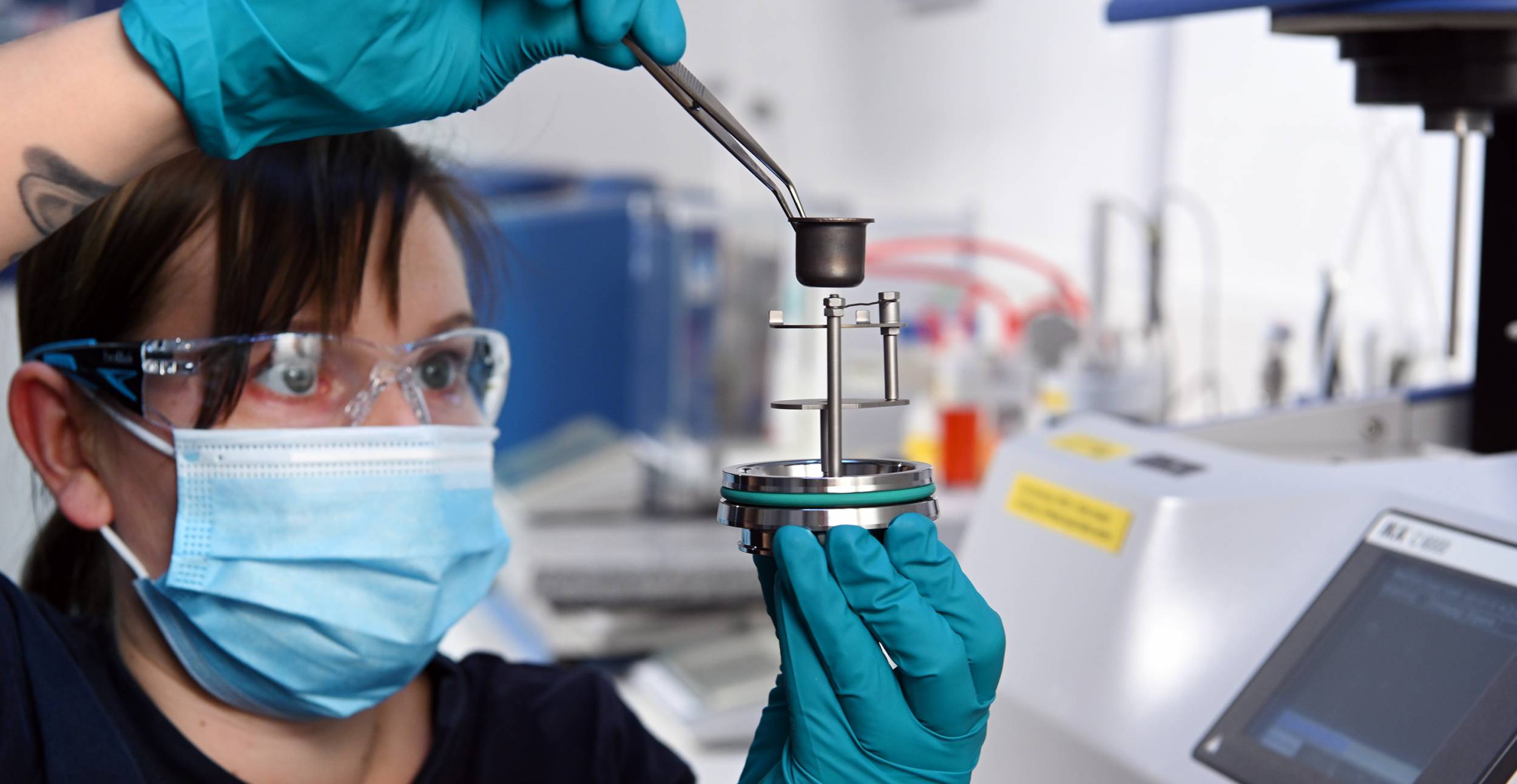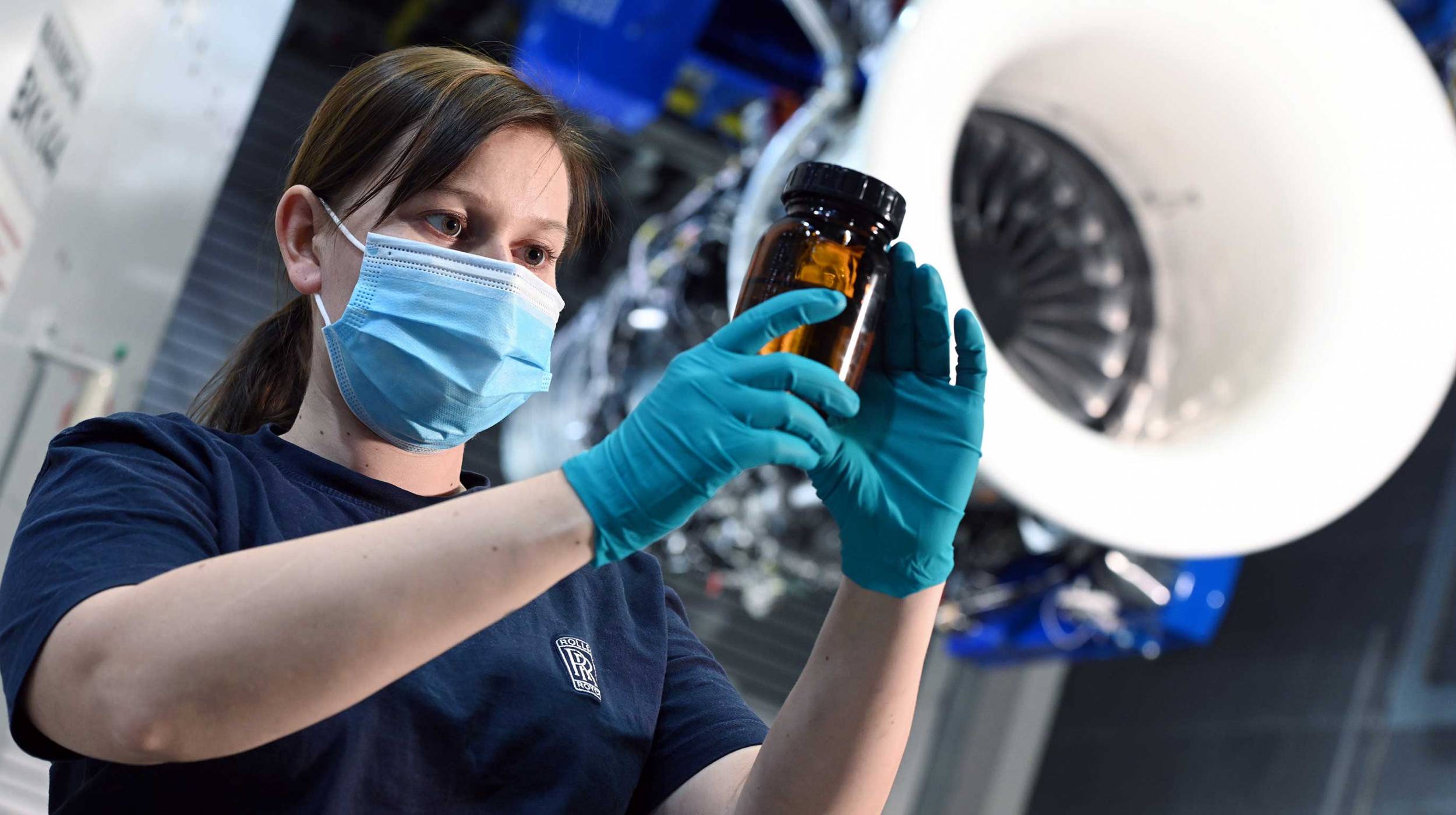Click Here to View This Page on Production Frontend
Click Here to Export Node Content
Click Here to View Printer-Friendly Version (Raw Backend)
Note: front-end display has links to styled print versions.
Content Node ID: 405420
At Rolls-Royce, we have a long, proud history as pioneers of the power that enables the modern world to function. The climate crisis means the way humans use power must become compatible with net zero carbon. We strongly believe technology can be a force for good, and that, as the world emerges from the pandemic, sustainable economic growth is possible. For us, the transition to net zero is both a societal imperative and the greatest commercial opportunity of our time.
How we do that is the subject of some debate within the aviation industry and among the wider public, because people will want to travel, but do so sustainably. It’s an issue that was already at the forefront pre-COVID-19 and will undoubtedly return post-COVID-19 as people return to a new normality with an even greater recognition of just how fragile and interconnected our planet is.
One element of that debate is the role of the gas turbine. While aviation continues to research new power solutions such as electrification and hydrogen it is clear that, for medium-to-long-distance travel, the gas turbine is the only viable solution for many years to come, but it also requires a new level of environmental performance. Sustainable Aviation Fuel (SAF) offers a solution, and Rolls‑Royce has started tests that will lay the groundwork for this transition to cleaner skies.
This is the reason why the introduction of Sustainable Aviation Fuel is now at the centre of debate about the future of flying. It offers the prospect of breaking the carbon chain to reconcile the need to travel with the need for sustainability. The net CO2 lifecycle emissions of unblended SAF are at least 75 per cent less than conventional jet fuel, and as methods of production advance there is the possibility of further reductions in years to come. 
Confirming operability
That is why the latest tests we have carried out on our latest Pearl and Trent engines using 100 per cent SAF for the first time are so important. They aim to confirm that unblended SAF makes a significant contribution to improving the environmental performance of gas turbine engines. At present SAF is only certified for blends of up to 50 per cent – so a change to allow 100 per cent SAF would be groundbreaking in terms of sustainability.
Paul Stein, Rolls-Royce Chief Technology Officer, said: “Aviation is a tremendous force for good, keeping the world connected, but we have to do that sustainably. If SAF production can be scaled up – and aviation needs 500 million tonnes a year by 2050 – we can make a huge contribution for our planet.
“We know that is a huge undertaking and will require teamwork right across a number of stakeholders, including aviation, the fuel industry and government bodies. These tests are a contribution to the SAF debate, aiming to demonstrate that our current engines can operate with 100 per cent SAF as a full ‘drop-in’ option, laying the groundwork for moving such fuels towards certification.”
Accelerating the progress towards net zero
To progress the use of sustainable aviation fuel (SAF) in aircraft engines and shape policies that support a net zero pathway for the industry Rolls-Royce has joined forces with Shell. Both companies signed a long-term agreement that builds on more than a century of cooperation between the two companies, and embodies a shared perspective that collaboration across the aviation value chain is necessary for the decarbonisation of the sector.
In recognition of the scale of the challenge, the MoU will expand and accelerate several existing areas of cooperation between the companies such as advancing the use of SAF. 
SAFinity fuelling sustainable business aviation
The cooperation includes Rolls-Royce’s new SAFinity service, for which Shell is the exclusive SAF supplier. By launching this new service, which will initially cater for business aviation customers, Rolls-Royce has further strengthened its commitment to Sustainable Aviation Fuel.
As a first of its kind, this flexible programme combines independently verified sustainability projects with a direct investment in Sustainable Aviation Fuel, aiming to further support and accelerate the availability and use of SAF in the aviation industry.
SAFinity enables business aviation customers to operate flights in a carbon-neutral way. It is available for all business aircraft and engines from any manufacturer and is part of our ongoing ambition to play a leading role in enabling the sectors in which we operate to reach net zero carbon by 2050.
Earlier this year Rolls-Royce and Luxaviation Group signed an agreement that made the Luxembourgian company, which is one of the world’s largest business aircraft operators, the launch customer for this new service.
Frank Moesta, Senior Vice President Strategy & Future Programmes at Rolls-Royce Deutschland, said: “As the leader in business aviation services we are excited about bringing our pioneering service SAFinity to the market and with Luxaviation Group we found the perfect, sustainability-focused launch partner to start at reasonable scale. While we are also working on electrification or hydrogen technologies as long-term alternatives to fossil fuels, the use of SAF as a low-emission solution is essential to today’s decarbonisation of long-distance air travel and we actively support the ramp-up of its availability to the aviation industry.”